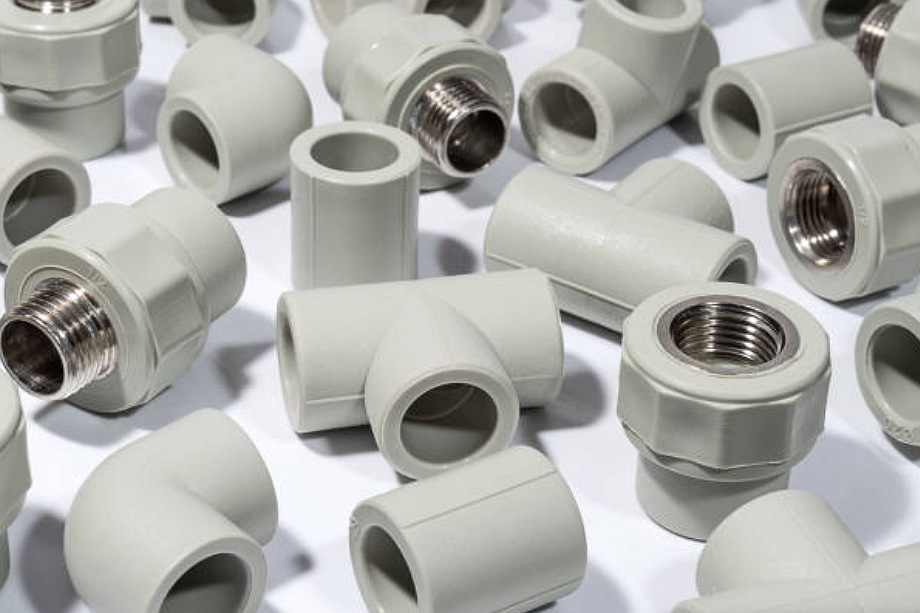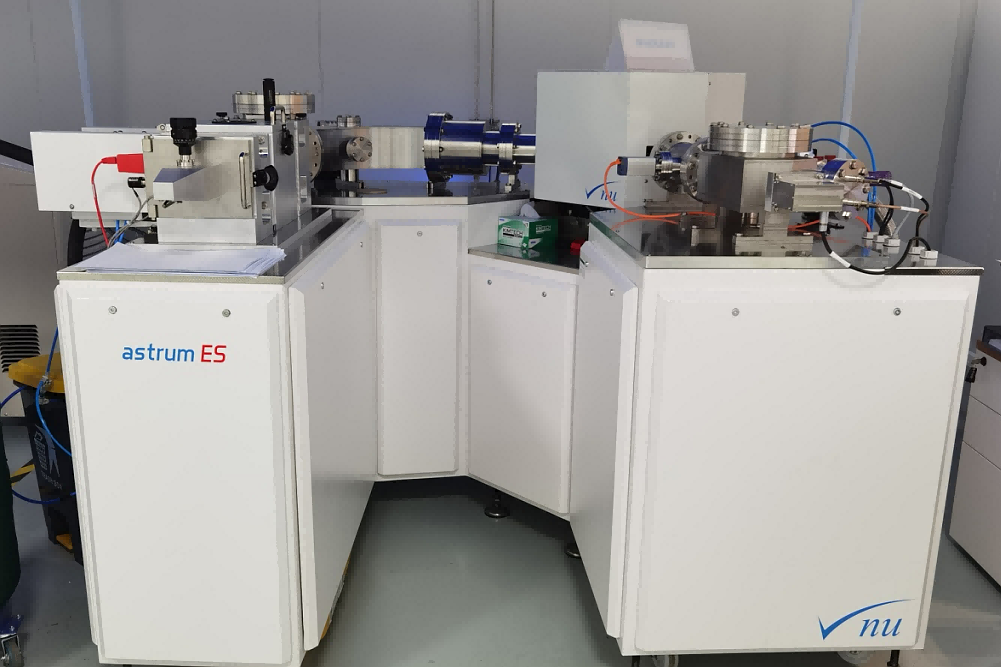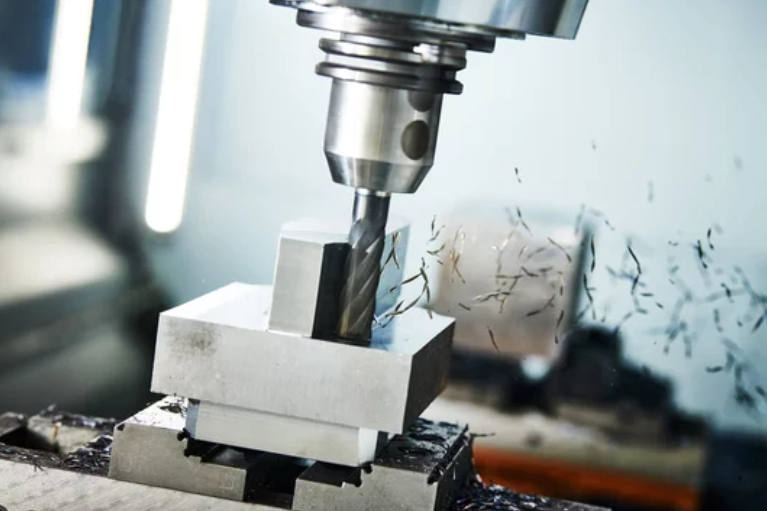Advanced Manufacturing of Implantable Medical Components
In today’s rapidly advancing medical landscape, the manufacturing quality of implantable medical components is directly tied to patient outcomes and quality of life. As the engineering team at Neway, we fully understand the extreme requirements that implantable devices place on manufacturing precision, material biocompatibility, and long-term reliability. From orthopedic implants and cardiovascular stents to dental implants and neurostimulators, every component must maintain outstanding performance within the complex physiological environment of the human body.
Key Manufacturing Processes and Technologies for Implantable Components
Precision Machining and Micromachining Technologies
In the field of implantable medical component manufacturing, our CNC machining prototyping services play a crucial role. Our five-axis machining centers are capable of producing orthopedic implants with complex curved surfaces, ensuring a precise anatomical fit with human bone. With micron-level milling technology, we can create accurate micro-porous structures on the surface of titanium implants. These structures not only promote osseointegration but also significantly improve the long-term stability of the implants. For cardiovascular stent manufacturing, we employ laser cutting to achieve sub-millimeter precision, ensuring that the stents deliver sufficient radial strength while maintaining excellent flexibility.
Metal Injection Molding: A Mass Production Solution for Small Complex Components
For implantable components that require complex geometries and miniaturization, our metal injection molding services offer an ideal solution. This technology is particularly suitable for manufacturing finely structured parts such as maxillofacial reconstruction devices and small joint components. By precisely controlling feedstock formulations and sintering processes, we can achieve a theoretical density of more than 96%, ensuring excellent mechanical properties and biocompatibility. MIM technology also enables the integration of complex internal channels and porous architectures within components, allowing for applications such as drug delivery and tissue engineering.
Additive Manufacturing and Personalized Customization
With the growing demand for personalized medicine, our 3D printing prototyping services are reshaping the way traditional implants are manufactured. Using selective laser melting (SLM) and electron beam melting (EBM), we can produce patient-specific implants directly from CT data. This approach is particularly effective for complex cranio-maxillofacial reconstructions and customized joint prostheses. By precisely controlling pore size and porosity within lattice structures, we manufacture implants with an elastic modulus that closely matches natural bone, effectively reducing stress shielding.
Precision Casting and Ceramic Forming
In conventional implant manufacturing, investment casting remains a key process for large joint prostheses. We utilize advanced ceramic shell technologies and vacuum melting processes to ensure cobalt-chromium alloy femoral heads and components exhibit uniform microstructures and superior mechanical properties. For applications demanding higher wear resistance and biocompatibility, our ceramic injection molding services enable the production of high-purity zirconia dental implants and joint heads. These ceramic components not only deliver excellent mechanical performance, but their superior hydrophilicity also promotes soft tissue adhesion.
Surface Treatments to Ensure Biocompatibility and Long-Term Performance
In the manufacturing of implantable components, surface treatment processes are critical to long-term functional performance. Our electropolishing technology effectively removes microscopic surface defects, resulting in uniform, smooth surfaces that significantly reduce the risk of bacterial adhesion. For titanium implants, we apply anodizing to create oxide layers with specific colors, improving implant traceability while enhancing corrosion resistance. We have also developed specialized micro-arc oxidation coatings for biodegradable magnesium implants, forming bioactive ceramic layers that help control degradation rates and stimulate bone regeneration.
Key Material Science for Implantable Components
Biocompatible Metals and Alloys
Material selection is fundamental to the success of implantable devices. Titanium alloys, with their excellent biocompatibility and mechanical properties, are the preferred choice for orthopedic implants. We pay particular attention to titanium purity and microstructure control to ensure sufficient fatigue strength and fracture toughness. For joint articulating surfaces that require higher strength and wear resistance, we utilize specially treated stainless steels, achieving optimal combinations of strength and toughness through tailored heat treatment processes. In recent years, we have also developed biodegradable magnesium and zinc alloys that safely degrade in the body after fulfilling their support function, thereby eliminating the need for secondary removal surgeries.
High-Performance Polymers and Bio-Ceramics
Among non-metallic materials, PEEK has gained significant attention due to its elastic modulus being close to that of bone. Through reinforcement modifications and surface activation treatments, we greatly enhance the performance of PEEK in spinal cages and trauma fixation devices. For dental applications with high aesthetic requirements, we utilize high-strength zirconia, employing precise color matching and surface finishing to produce restorations that are nearly indistinguishable from natural teeth. We have also developed bioactive glass-ceramic materials capable of releasing ions that stimulate bone regeneration, significantly accelerating the healing process.
Applications of Neway Solutions in Implantable Medical Devices
Orthopedics and Trauma Reconstruction
In the medical device sector, we provide comprehensive manufacturing solutions for orthopedic implants. From the metallic components of artificial hip and knee joints to the precision parts in spinal fixation systems, every product undergoes strict quality control. We pay close attention to the bone-implant interface design, using optimized surface topographies and chemical modifications to promote osseointegration. In trauma reconstruction, our biodegradable screws and plates gradually degrade after fixation is complete, being replaced by newly formed bone tissue, which delivers superior therapeutic outcomes for patients.
Dental Implantology and Restoration
Dental implants impose extremely high demands on dimensional accuracy and surface quality. We adopt fully digital workflows, ensuring micron-level control from implant thread geometry to the precision machining of abutments. Through specialized surface treatments, we create bioactive surfaces with optimal roughness on titanium implants, significantly improving initial stability and long-term success rates. For aesthetically critical regions, our zirconia abutments and crowns combine excellent mechanical strength with ideal translucency and color stability.
Cardiovascular and Soft Tissue Interventional Devices
In the cardiovascular intervention field, we have deep expertise in stent manufacturing. Through precision laser cutting and electrochemical polishing, we produce vascular stents with wall thicknesses as low as 70 microns. We have also developed specialized drug-coating technologies that enable stents to continuously release antiproliferative agents after implantation, effectively reducing restenosis. For active implantable devices such as pacemakers and neurostimulators, we supply high-precision, medical-grade housings and connectors to ensure long-term reliability in the human body.
Choose Neway to Safeguard Patient Safety and Health
At Neway, we have established a comprehensive medical quality management system to ensure that every step, from sourcing raw materials to final delivery, meets the most stringent medical standards. Our production environment complies with ISO Class 7 cleanroom requirements, and all manufacturing equipment undergoes rigorous validation and regular calibration. With a robust traceability system, we can track the complete manufacturing history and material origins of each product, providing full quality assurance to our customers. Our engineering team not only has strong technical expertise but also an in-depth understanding of medical device regulatory requirements, enabling us to support clients efficiently through product registration and market approval processes.
Conclusion: Advancing Health and Quality of Life with Cutting-Edge Manufacturing
The manufacturing of implantable medical components is an interdisciplinary challenge that integrates materials science, precision engineering, and life sciences. Leveraging our extensive expertise in precision manufacturing and our deep insight into the medical industry, Neway is committed to delivering best-in-class manufacturing solutions for global medical device companies. We believe that through continuous technological innovation and quality enhancement, we can make a meaningful contribution to improving human health worldwide.
FAQ
How to optimize manufacturing to improve implant surface osseointegration?
How to assess and ensure long-term biocompatibility of implant materials?
What are the pros and limits of MIM vs CNC machining for metal implants?
How does Neway guarantee full traceability for medical regulatory compliance?
What key stages lead from implant prototype to approved mass production?




